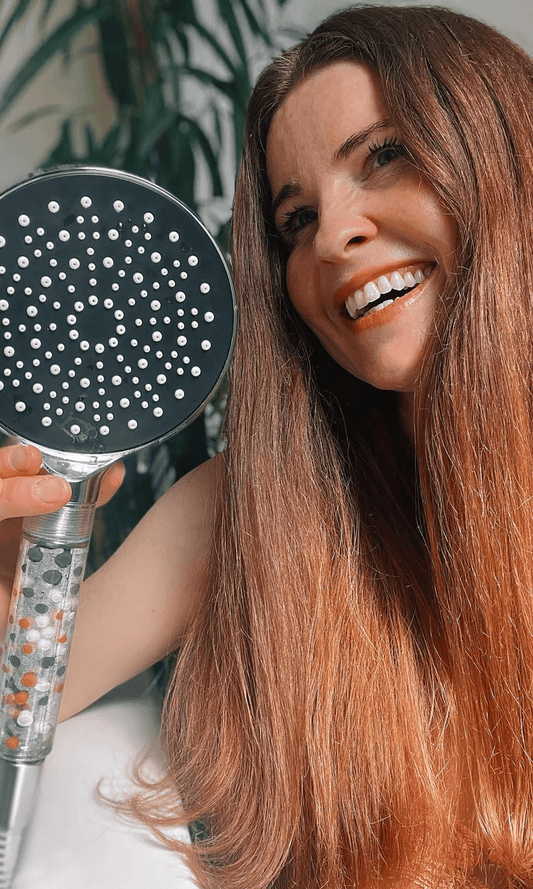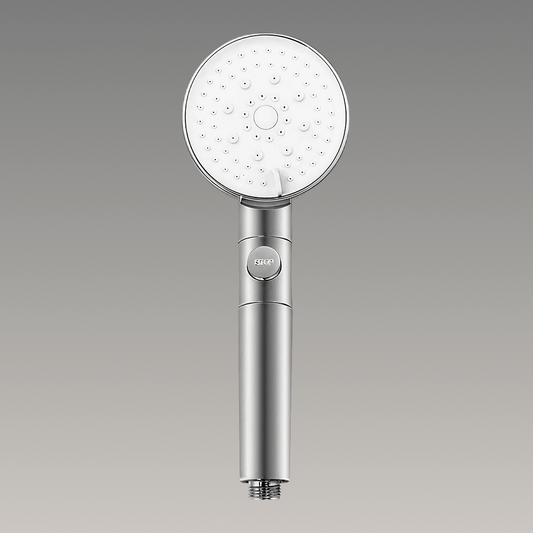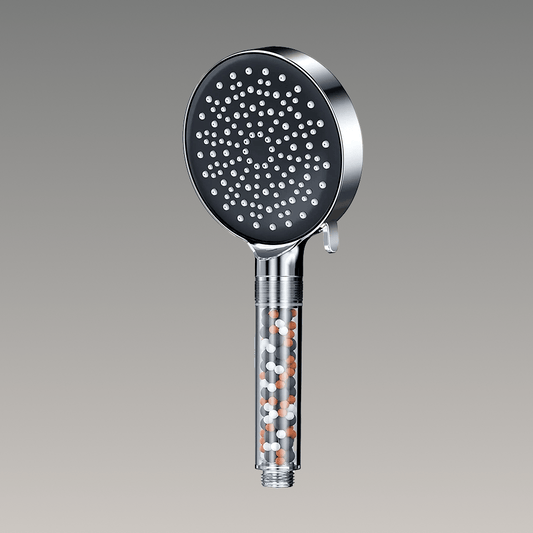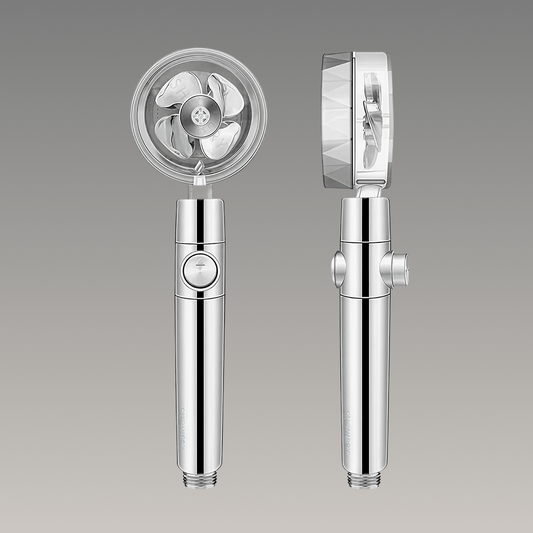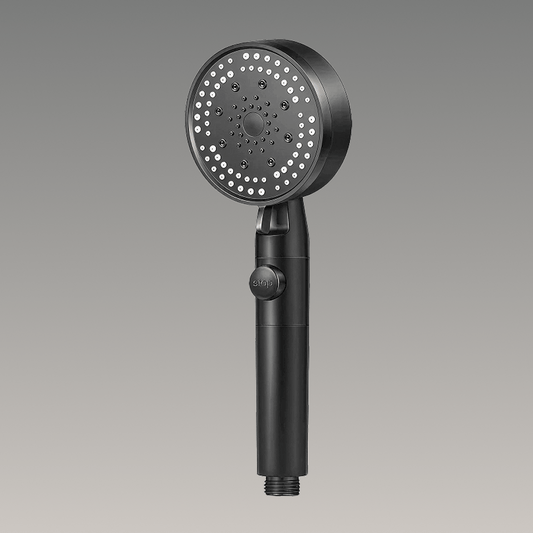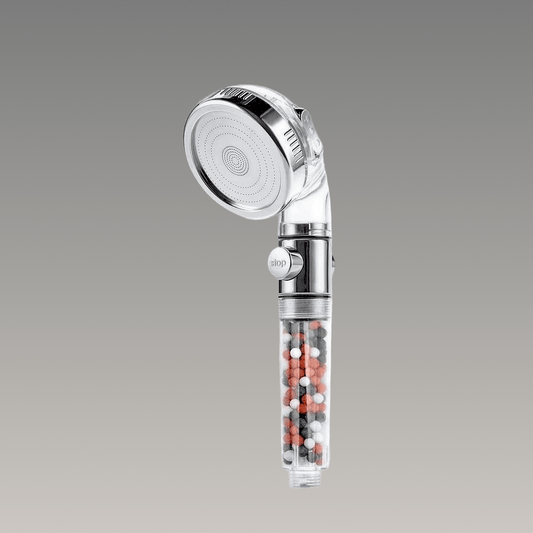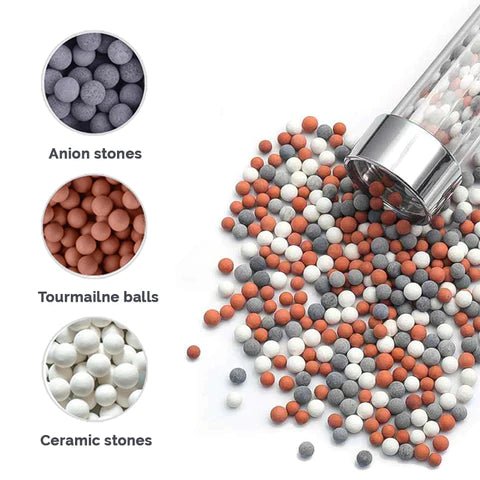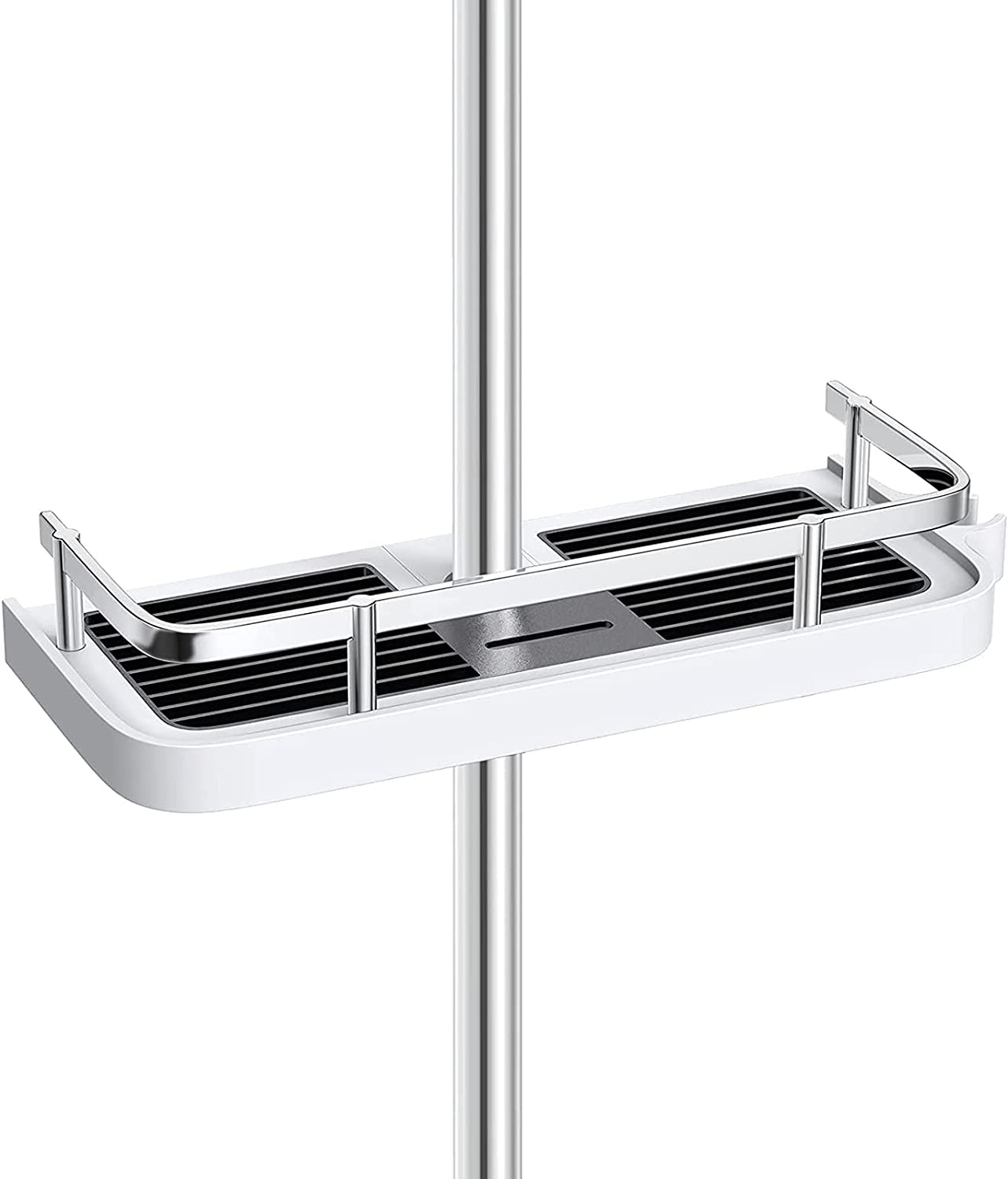How Shower Filters Work

We often pay attention to the quality of water we drink, but the water we shower with can also have a significant impact on our skin, hair, and general well-being. Shower filters are a simple and effective solution for reducing impurities in the water, ensuring a more enjoyable and beneficial shower experience. Here's a closer look at how these filters work and why they might just be the upgrade your shower needs.
Understanding the Purpose of a Shower Filter
Shower water can contain several unwanted elements like chlorine, heavy metals (such as lead and mercury), bacteria, and even sediments. Over time, exposure to these contaminants may lead to dryness, skin irritation, and damaged hair. This is where a shower filter comes in. By effectively reducing these impurities, a shower filter improves water quality, making it gentler on your skin and hair.
Key Components of a Shower Filter
Most shower filters contain multiple layers of filtering materials that work together to trap and neutralise impurities. Here are some common types of filter media:
- KDF (Kinetic Degradation Fluxion): This copper-zinc alloy is especially effective at reducing chlorine, hydrogen sulphide, and heavy metals. KDF is often used in combination with other filter media, as it excels in high-temperature environments like showers.
- Activated Carbon: Widely used in water filtration, activated carbon absorbs chlorine and other organic compounds. It’s particularly effective at trapping chemicals that may otherwise dry out or irritate the skin.
- Vitamin C Filters: Vitamin C is known for its antioxidant properties and can neutralise chlorine and chloramines, which can irritate sensitive skin. Shower filters with a Vitamin C component can help keep water more skin-friendly.
- Ceramic Beads and Mineral Stones: Some filters, like Showery’s, feature mineral stones which not only reduce chlorine but also balance the water’s pH level, providing a gentler experience for both hair and skin.

The Filtration Process
When you turn on the shower, water flows through each layer of the filter, where the media targets different impurities. The result? Fewer contaminants reach your skin and hair, helping reduce the likelihood of dryness and irritation. In high-quality filters, like those offered by Showery, the filtration process is quick yet thorough, so there’s no compromise on water pressure or flow.
Benefits of Using a Shower Filter
Using a shower filter brings noticeable benefits:
- Healthier Skin and Hair: By reducing chlorine, metals, and other harsh elements, shower filters help retain the natural oils in your skin and hair, leading to a softer and smoother feel.
- Protection from Irritants: Chlorine can cause redness and dryness, particularly for sensitive skin. A filter reduces these irritants, making showers more comfortable and enjoyable.
- Cost-Effective Solution: For those looking for an easy upgrade without significant plumbing costs, installing a filter is simple and offers long-term benefits.
Why Choose a Filtered Shower Head?
Filtered shower heads like those from Showery integrate effective filtration technology into a sleek, easy-to-install unit. For instance, Showery’s water softening shower heads are designed to not only filter but also enhance water pressure and offer various settings (such as massage and rainfall), delivering a spa-like experience right at home.
Conclusion
If you’re ready to enhance your shower experience, a shower filter is a worthwhile addition. By filtering out impurities, it provides a gentler, more refreshing rinse, which can lead to healthier skin, shinier hair, and an overall more enjoyable shower. And with options like Showery’s shower heads, you can experience the best of both high-pressure flow and clean, filtered water.







